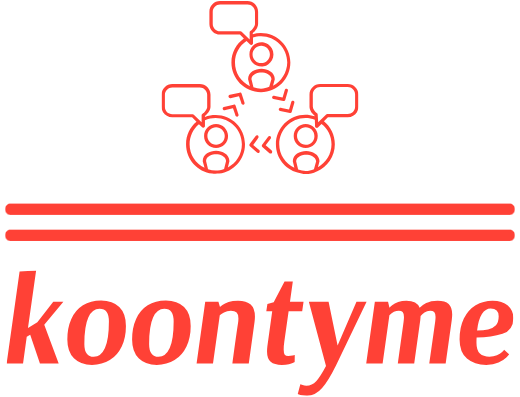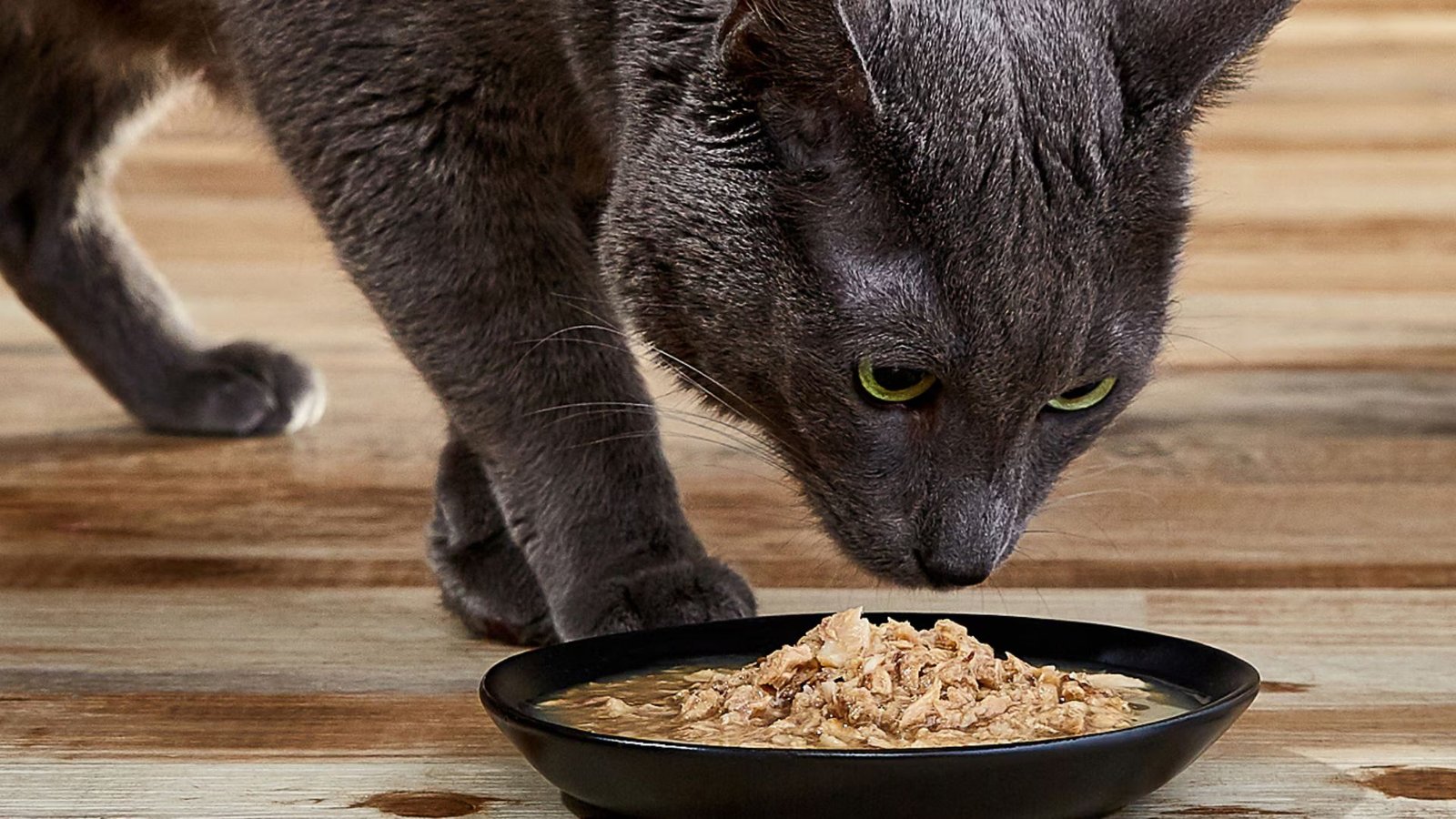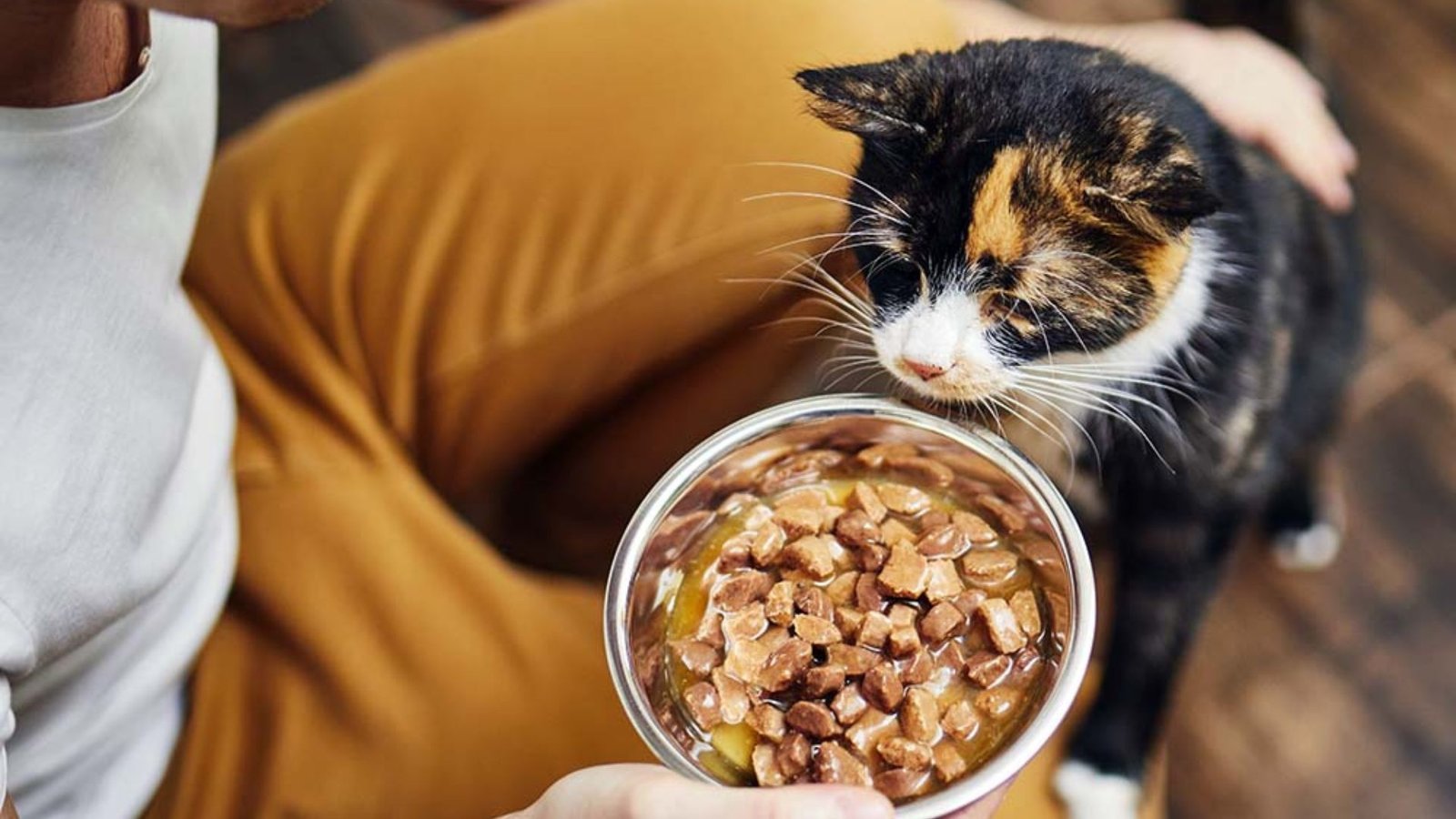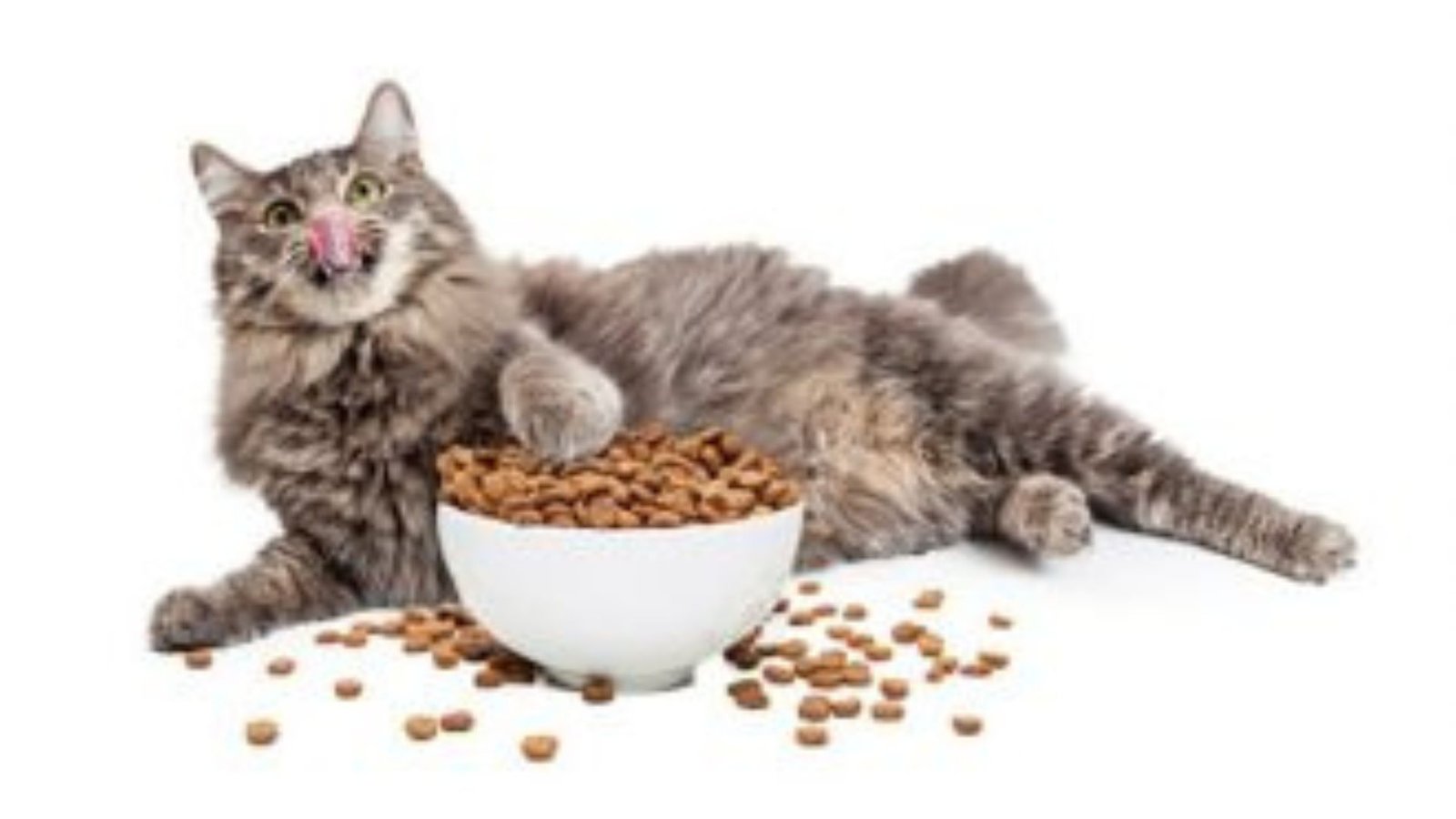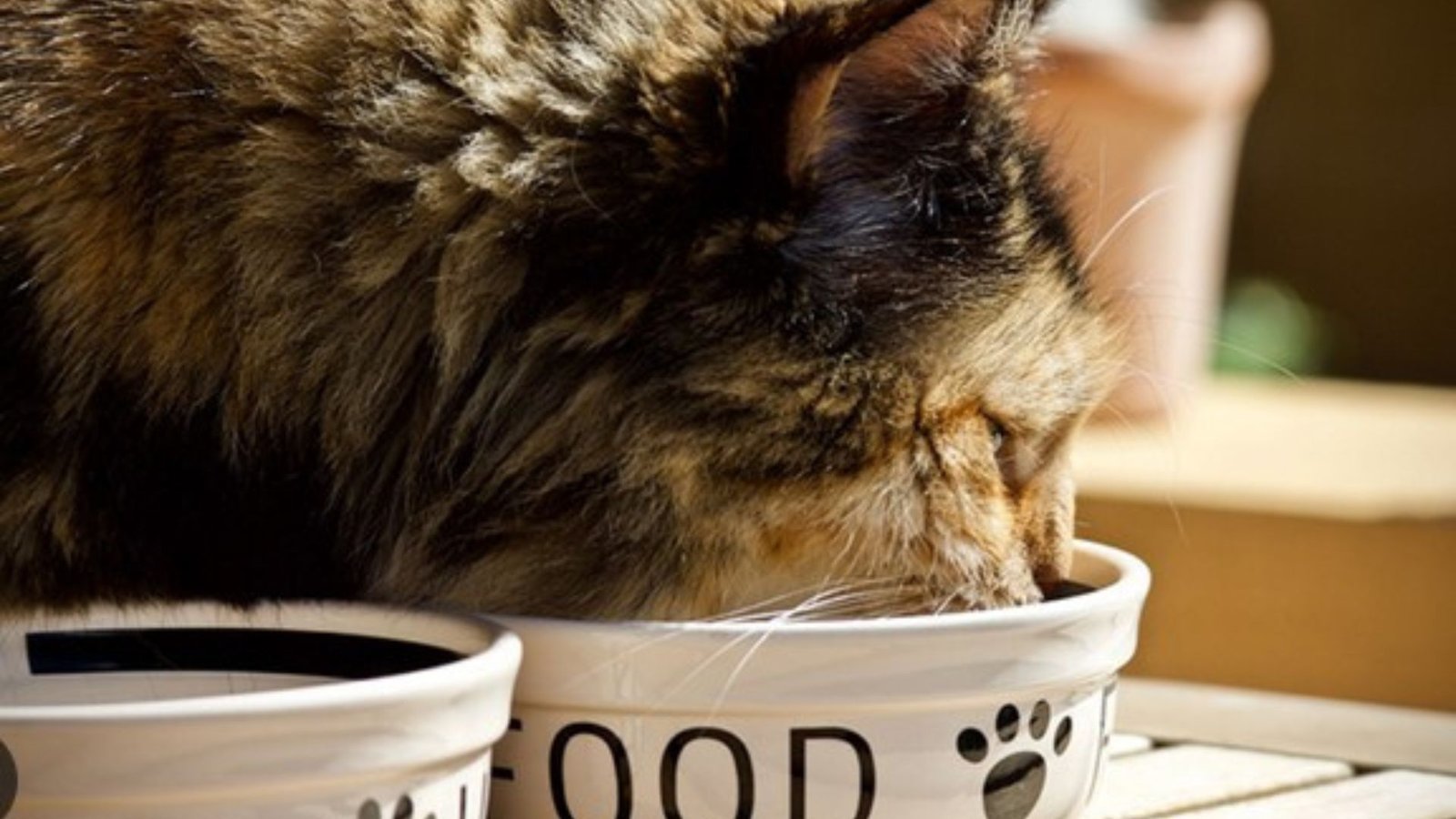Cats are obligate carnivores, which means that protein is not just a part of their diet—it’s essential for their survival. Unlike humans or some other pets, cats have evolved to thrive on a diet that’s high in animal-based proteins. Choosing a protein-rich cat food is crucial for maintaining your cat’s health and vitality. In this article, we’ll explore the reasons why cats need protein-rich food and how it benefits their overall well-being.
Unwinding the Feline Way: Finding Fun and Focus with Casino Corner
While your cat is busy napping in a sunny spot or chasing feather wands, you might be looking for your own way to unwind. If online gaming is your go-to for relaxation, casino corner is a reliable destination for exploring the best Canadian casino options. With honest reviews, bonus comparisons, and gaming guides, it’s a great way to enjoy your downtime—just like your feline does in their own special way.
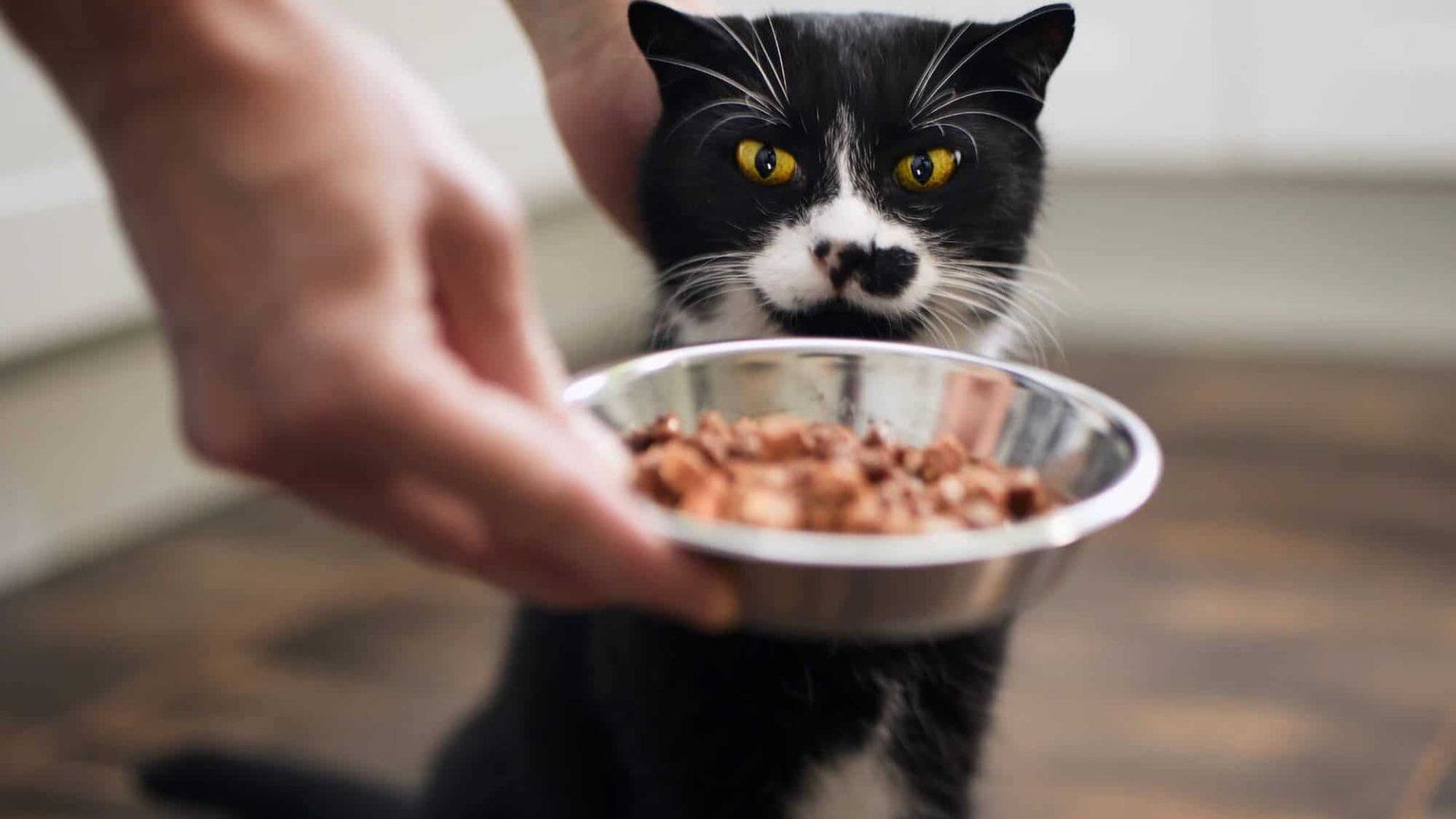
1. Protein for Growth and Development
Protein is essential for kittens as they grow and develop. During the early stages of life, protein helps build the tissues, organs, and muscles that are necessary for proper growth.
Why It’s Important:
- Kittens require high amounts of protein for healthy growth.
- Adult cats also rely on protein to maintain their body structure and muscle mass.
Without sufficient protein, your cat may not develop properly or may lose muscle tone as they age.
2. Muscle Maintenance and Repair
Protein is the building block of muscle tissue. For adult and senior cats, a protein-rich diet helps maintain strong muscles and repair any tissue damage that naturally occurs over time.
Why It’s Important:
- Prevents muscle loss: As cats age, muscle mass naturally decreases. Protein helps slow down this process.
- Supports recovery: If your cat gets injured or ill, protein helps speed up tissue repair and healing.
Without enough protein, your cat could experience muscle wasting, which can lead to weakness and mobility issues.
3. Energy Source
Although carbohydrates are a source of energy, cats primarily rely on protein and fat to fuel their bodies. Protein provides a steady source of energy for cats, particularly those who are active or have a high metabolism.
Why It’s Important:
- Supports active cats: Cats who are energetic or outdoor hunters need a lot of protein to keep them active and strong.
- Stabilizes energy: Unlike carbohydrates that can cause quick spikes and drops in energy, protein provides a slow and steady energy supply.
A high-protein diet helps ensure that your cat has consistent energy throughout the day.
4. Healthy Skin and Coat
Protein plays a vital role in the health of your cat’s skin and coat. The amino acids in protein help maintain healthy fur, prevent shedding, and support skin elasticity.
Why It’s Important:
- Shiny coat: Protein helps keep your cat’s coat glossy and smooth.
- Skin health: A lack of protein can lead to dry, flaky skin and hair loss.
A protein-rich diet ensures that your cat’s skin and coat stay in good condition, reducing the risk of dry patches or excessive shedding.
5. Immune System Support
Certain amino acids found in protein, such as arginine and taurine, are essential for maintaining a strong immune system. These amino acids help your cat fight infections, heal wounds, and maintain overall health.
Why It’s Important:
- Boosts immunity: Amino acids help produce enzymes and antibodies that protect your cat from illnesses.
- Helps with recovery: A protein-rich diet aids in recovery from illness or injury by strengthening the immune response.
Without enough protein, your cat’s immune system may weaken, making them more susceptible to infections and diseases.
6. Amino Acids and Essential Nutrients
Cats need certain essential amino acids, which are found in animal proteins. These include taurine, arginine, and methionine. Taurine, for example, is essential for heart and eye health, and a lack of it can lead to serious health problems.
Why It’s Important:
- Taurine: Supports heart function, vision, and reproductive health.
- Arginine: Plays a key role in eliminating toxins from the body.
- Methionine: Supports liver function and helps prevent urinary tract infections.
Protein-rich foods from quality animal sources contain all these vital nutrients in the right proportions for your cat’s health.
7. Better Digestion and Nutrient Absorption
Cats’ bodies are designed to digest animal protein efficiently. Unlike some plant-based proteins, animal proteins are easier for cats to absorb and use, which helps maximize the nutritional value of their food.
Why It’s Important:
- High digestibility: Animal-based proteins are more digestible and provide more bioavailable nutrients than plant-based alternatives.
- Efficient nutrient absorption: This ensures your cat is getting the most out of their food, keeping them healthy and satisfied.
If your cat eats food that is too low in protein, they might not absorb enough nutrients, which could lead to deficiencies and health problems.
8. Protein and Weight Management
Protein helps regulate your cat’s weight by promoting lean muscle mass while reducing fat. Unlike foods high in carbohydrates, protein helps your cat feel full and satisfied without overeating.
Why It’s Important:
- Promotes satiety: Cats on a high-protein diet tend to feel fuller longer, reducing the risk of overeating.
- Prevents obesity: Maintaining a healthy weight is crucial for overall health, especially for indoor cats or senior cats who are less active.
Protein-rich foods help ensure that your cat maintains a healthy weight and body condition as they age.
Conclusion
Cats are obligate carnivores, and their bodies are designed to thrive on animal-based protein. Protein supports every aspect of their health, from muscle maintenance and energy production to a shiny coat and a strong immune system. Whether your cat is a playful kitten, an active adult, or a senior cat, protein-rich food is essential for keeping them healthy, energetic, and thriving.
When choosing cat food, always prioritize high-quality, animal-based protein sources to provide your cat with the nutrition they need to lead a long, healthy life.
